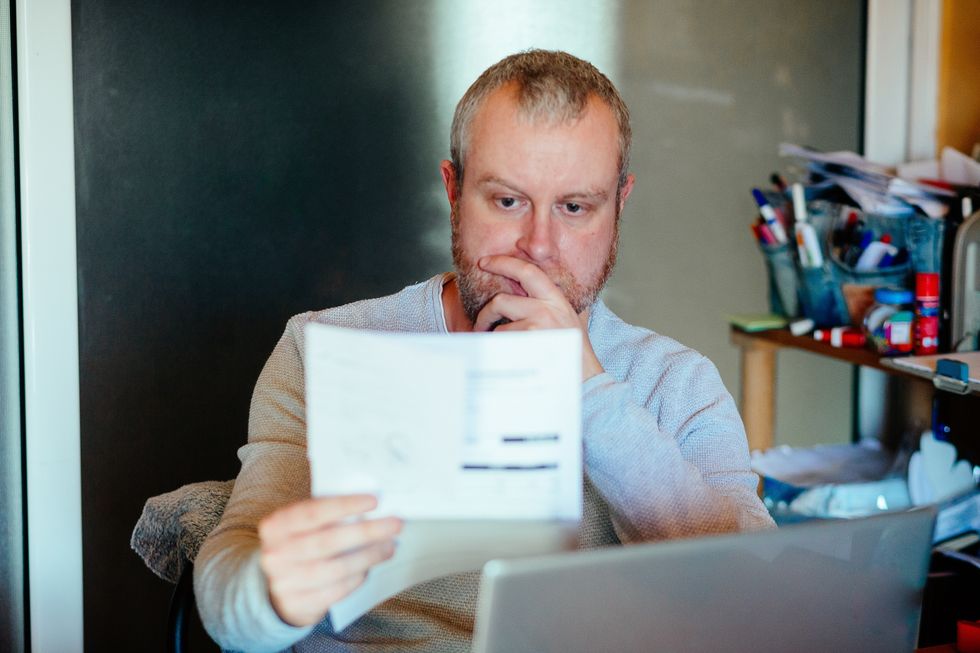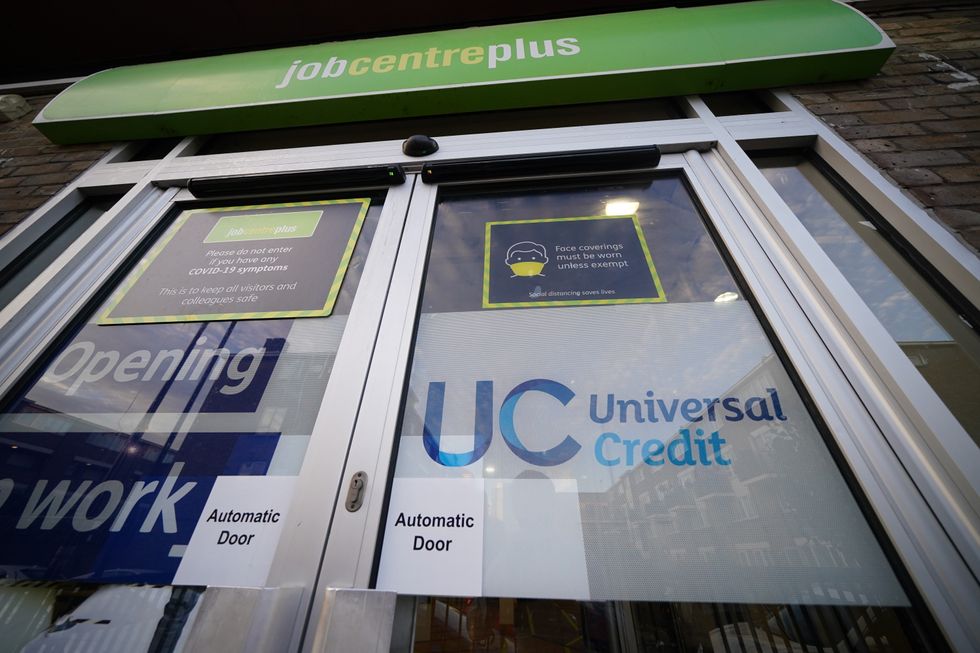Hundreds of thousands of people will get letters from HMRC about tax credits renewal from tomorrow
GETTY
HMRC will send 730,000 people their annual tax credits renewal notices from this week
Don't Miss
Most Read
Trending on GB News
HMRC has warned thousands of people could see valuable payments stopped if they fail to respond to a letter over the next few weeks.
Hundreds of thousands of poeple who get tax credits will start getting their annual renewal notice between May 2 and June 19, 2024.
While the vast majority of claims will be automatically renewed, some will need to check their information and renew their claim.
Fewer than 10,000 people will need to take action, but those who must, will need to do so by July 31.
Failing to renew means they risk having their tax credits payments stopped.
They could also end up having to repay any overpayments if payments are stopped.

Fewer than 10,000 people will need to take action after receiving the letter
GETTY
Notices with a black stripe are automatically renewed while those who get a letter with a red stripe will need to renew.
HMRC says the quickest and easiest way for customers to renew their tax credits is via the Government website or the HMRC app.
Myrtle Lloyd, HMRC’s Director General for Customer Services, said: “Tax credits are valued by many families for their essential contribution to the monthly family budget, so to avoid payments being stopped please respond to HMRC by the July 31 deadline.
"For more information search ‘manage my tax credits’ on GOV.UK.”
Tax credits recipients must report certain life changes which may affect their claim to HMRC.
This includes:- Relationship ch
anges, such as moving in with a new partner, getting married or divorced - Children leaving home
- A change in working hours
The 2024/25 tax credits notices may show predicted payments for this tax year, but HMRC says these are automatically generated and should be disregarded.
Tax credits are being replaced and will end on April 5, 2025, amid the ongoing rollout of Universal Credit.
Recipients will be sent a letter from the Department for Work and Pensions (DWP), or the Department for Communities if they live in Northern Ireland, known as a Migration Notice.
LATEST DEVELOPMENTS:

Tax credits are being replaced by Universal Credit
PA
This letter will explain what happens next, and HMRC is urging people not to ignore it.
Fraudsters have posed as HMRC in an effort to try to get hold of banking details or other personal information.
HMRC urges people not to give out private information or reply if they get an unexpected phone call, text or email.
They also advise against downloading attachments or clicking on links.








